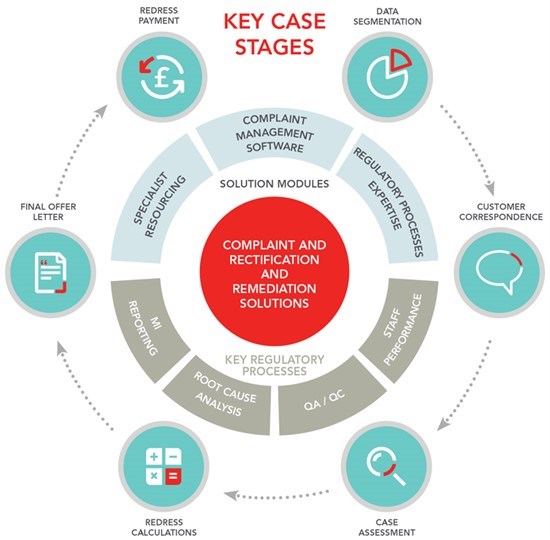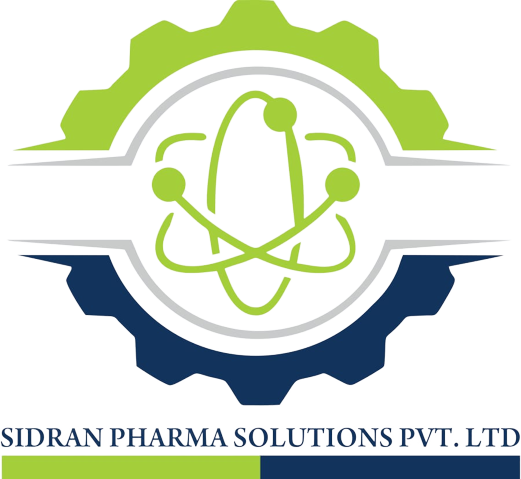Remediation Plan
Quality problems are rising in the pharmaceutical industry, often to the point of crisis. But remediation is no simple matter. If not handled effectively, it can be extremely cumbersome and expensive, often without even fully meeting its main goal: reducing patient risk.
It’s time for companies to devote more attention to effective remediation initiatives. Empirical evidence demonstrates that an intensive investment early on, following a structured approach to problem solving and project management, can make remediation run much more smoothly.


All Steps To Remediation Plan
Align & Commit the Whole Organization
To ensure successful remediation, the entire organization must be committed to the effort. Typically, quality and compliance problems that are large enough to require remediation are complex, with root causes that are difficult to identify and resolve.
A remediation program requires significant resources. Without intervention from the top, managers are stuck with the untenable burden of carrying out remediation activities and simultaneously completing day-to-day tasks.
Make Performance Management Transparent
The work of remediation differs so much from that of the core business that it requires a very different approach to managing performance. The most successful companies establish balanced scorecards to track remediation activities and overall company metrics; they also create a robust forum to properly review this performance, and they aggressively manage the performance of third parties such as remediation consultants brought in to provide interim controls.
The best remediators also make a point of aggressively managing the performance of third parties. In one scenario, a large company set up a remediation control tower at one location to manage a cross-continental program involving nearly 1,000 contractors.


Ensure That Other Business Choices Support Remediation
Done properly, remediation can require not just extensive resources and management attention but also R&D and production capacity. To free up those elements without impairing the drivers of corporate revenue, companies have to be disciplined about setting priorities for a host of other activities.
At one company, product managers quickly rationalized several SKUs. By shutting down production of a number of high-risk legacy products, they not only freed up resources, but also reduced demand for remediation work.
Communicate with the Outside World in disciplined ways
Remediation requires communication — and plenty of it. It is not something that can be dealt with by hunkering down and improving internal operations while ignoring the outside world. Pharmacos that try to “keep a lid” on remediation activities can soon find themselves embroiled in public relations crises.
In fact, we contend that it is absolutely crucial to establish a productive dialogue with regulators. Agency officials should receive continual updates on remediation plans and progress against those plans.

